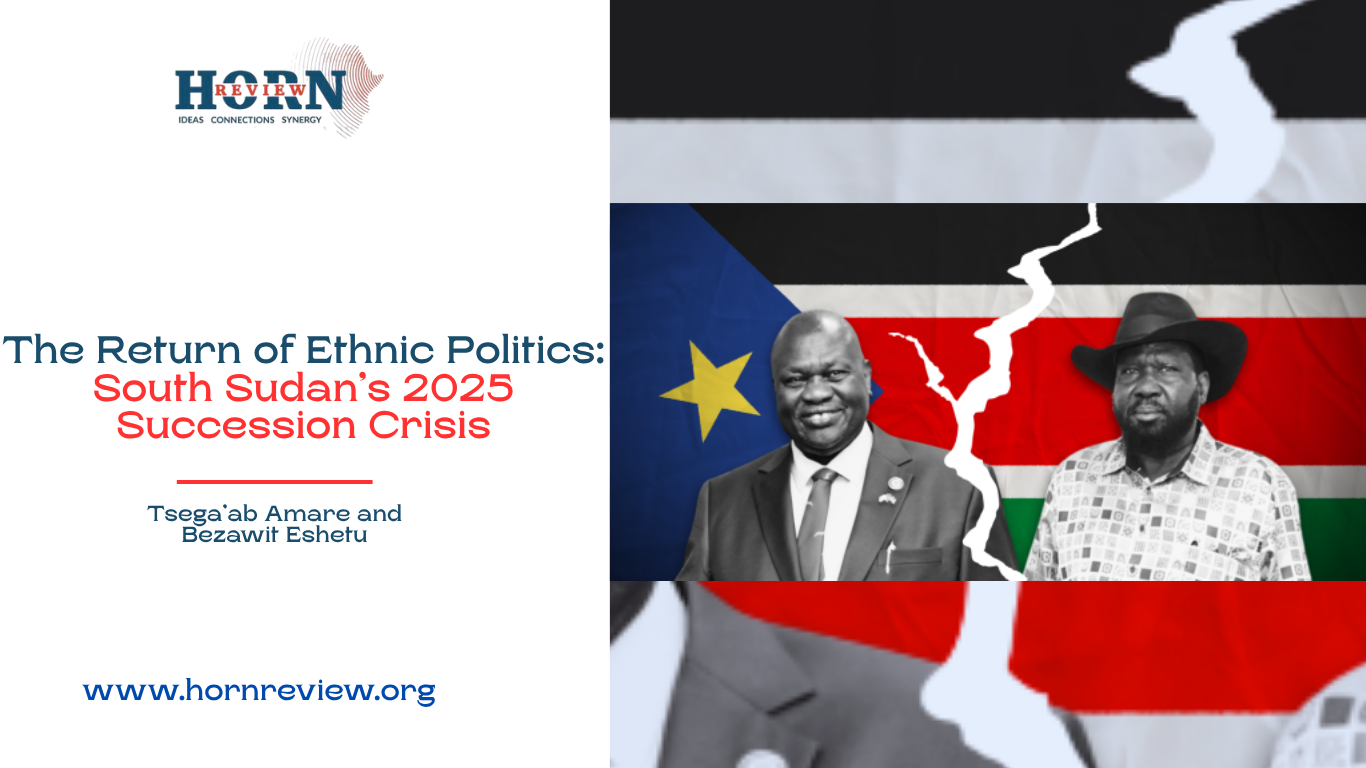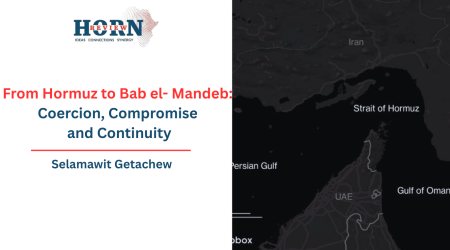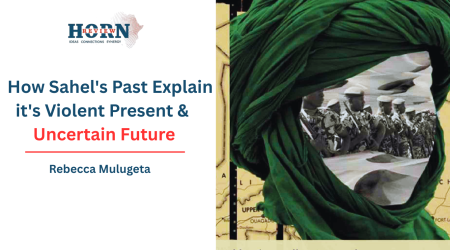
18
Oct
The Return of Ethnic Politics: South Sudan’s 2025 Succession Crisis
South Sudan’s fragile post-war power-sharing has collapsed into an open crisis. In March 2025, the government moved decisively against First Vice President Riek Machar, accusing him of provoking rebellion and placing him under house arrest. Machar’s party refused to engage with the legal process, a response that has hollowed much of the 2018 revitalized agreement and led opposition leaders to declare the transitional arrangement effectively broken. What might look like a contest between two men actually reflects deeper institutional decay, fiscal fragility, and politics refracted through communal memory and geographic concentration.
At the heart of the breakdown lies the personalization of politics along communal lines. The rivalry between Salva Kiir and Riek Machar maps onto the Dinka–Nuer fault line, turning elite competition into existential communal calculations. Machar’s detention produced mass protests in Nuer areas and prompted his movement to withdraw from formal participation. That withdrawal is not merely tactical: it is shaped by the memory of the 2013–2018 conflict, when targeted killings, mass displacement and cycles of reprisal shattered trust in state protection. Seen this way, boycott and mobilization function as preemptive, survival-oriented strategies rather than routine electoral maneuvering.
The state’s response has further stressed those perceptions. Kiir’s administration holds an asymmetric advantage grounded in institutional control, coercive power and patronage networks, and it has used these levers to shape succession politics. Recent reshuffles and promotions of loyalists are widely read as efforts to secure a managed succession that bypasses genuine electoral competition. Multiple opposition figures have told reporters that Kiir is exploiting concurrent regional turmoil to position his chosen successor and sidestep earlier commitments to open elections.
That interpretation is reinforced by observable patterns of party restructuring and personnel changes. In September 2025, Kiir elevated Benjamin Bol Mel into roles that increased his public visibility and control over major economic portfolios, effectively positioning him as the leading heir apparent. Bol Mel’s ascent, occurring amid past international sanctions and controversy over his business networks, underlines how patronage and economic leverage remain central to the successor strategy, and how economic influence and political power are tightly intertwined.
When succession is securitized in this way, selective prosecutions, administrative capture and conditional reforms become instruments of deterrence and triggers for clandestine rearmament. Political rivalry can turn violent quickly. The March clashes in Nasir, following attacks on government outposts, produced large displacements and were met with harsh military reprisals, including extensive aerial bombardment. Human rights reporting documents the civilian toll, and the pattern of strikes fits a security logic that treats contested communities as hostile zones. Those operations reinforce perceptions among many Nuer that the state is predatory and ethnically partial, feeding grievance cycles that technocratic fixes alone cannot resolve.
Economic fragility amplifies these security risks. South Sudan remains overwhelmingly dependent on oil rents, and that dependence makes public revenues vulnerable to external shocks, with regional instability that disrupts transit corridors being a prime example. When rent income collapses, patronage networks fray, and commanders with localized coercive capacity gain incentives to seize territory and resources by force. Donor support can blunt such collapse, but only if assistance is rapid, transparent and tied to verifiable oversight; absent that, a revenue shock sharpens competition for spoils and accelerates fragmentation.
The crisis also has a regional dimension that deepens its danger. Fighting in Sudan threatens to spill across borders: there are indications of strategic Sudanese moves into Upper Nile aimed at preventing the Rapid Support Forces (RSF) from advancing eastward. Such maneuvers risk merging separate conflict settings, because Sudanese operations geared to contain the RSF could entangle South Sudanese armed actors and local militias, widening the war and hardening local alignments.
Cross-border dynamics intensify local fault lines because borders are porous and kinship ties span communities on both sides, enabling the movement of fighters, weapons, supplies and recruitment networks. These connections are concrete: relatives across the boundary can shelter combatants, transmit intelligence and provide logistical support, which blurs the line between civilian space and armed activity.
Ethiopia’s Gambella region, which has long served as a refuge for people fleeing South Sudan’s conflicts, already hosts roughly 395,212 South Sudanese refugees across seven camps, according to UNICEF’s 31 March 2025 report, and continued arrivals are stretching reception capacity. The concentration of displaced people increases pressure on clinics, schools and markets, creates competition for scarce resources and enlarges social networks that armed groups can exploit for recruitment, safe havens and smuggling routes. Together, these dynamics raise the risk that local disputes will escalate into wider violence unless humanitarian capacity and cross-border security cooperation are urgently strengthened.
For Ethiopia, the consequences are immediate and existential. Cross-border kinship means fighters or arms can slip across frontiers quickly, while regional transit disruptions expose the fragility of oil-dependent budgets in Juba. Any wider conflagration risks displacing hundreds of thousands more, with direct humanitarian and security impacts on Gambella and other border areas. The humanitarian and security pressures therefore, feed into one another: overloaded services and unmet economic needs create local grievances that armed actors can weaponize.
With the December 2026 electoral calendar approaching, the choices before Juba and its partners are stark. One path is a negotiated, verifiable route to inclusion that preserves meaningful participation for Nuer leadership and provides credible security guarantees. That path requires transparent access to detainees, impartial monitoring of prosecutions, and a neutral venue for renewed talks, steps Ethiopia could credibly steward given its role in the 2018 peace process. Donors and regional partners should tie fiscal and technical assistance to transparent oil-revenue reporting, independent audits, and a concise, verifiable security roadmap supervised by RJMEC and neutral observers.
If, instead, succession is engineered through exclusion or if criminal prosecutions are used to neutralize rivals, formal channels will close and clandestine rearmament will become an attractive survival strategy for local actors. The likely middle ground, prolonged stalemate, and ongoing low-intensity violence, would be profoundly destabilizing: elections would either be repeatedly postponed or held under conditions that entrench grievance and delegitimize their outcomes.
For Ethiopia, a two-track, urgent policy response is advisable. First, Addis Ababa should lead renewed mediation through IGAD and the African Union to secure verifiable detainee access and independent oversight of prosecutions. Second, it should scale up defensive preparedness: expand humanitarian reception capacity in Gambella, strengthen biometric registration and camp management, and deepen intelligence sharing with UNMISS and the Reconstituted Joint Monitoring Evaluation and Commission (RJMEC) to sharpen early warning. Modest rapid-reaction capabilities could deter cross-border incursions, provided they operate under strict rules of engagement and with international verification to avoid inflaming local tensions. Donors must underwrite these measures and agree on transparent indicators such as refugee inflows, arms seizures and RJMEC verification of security steps.
South Sudan’s leaders now face a stark choice: share power or risk a return to ethnically framed insurgency. The coming year will test whether regional diplomacy, rigorous oversight of finances and targeted, verifiable interventions can convert a violent zero-sum into a manageable political bargain. If those measures are not pursued with urgency and coherence, South Sudan risks approaching its next electoral horizon not as a moment of democratic choice but as a contest over survival, one that would send refugees, weapons and violence across borders and destabilize the broader Horn.
By Tsega’ab Amare and Bezawit Eshetu, Researchers, Horn Review










